King Akwa
King Akwa, a prominent ruler of the Duala people in Cameroon during the late 19th century, played a significant role in the historical dynamics of the region around 1875. The Duala, a coastal Bantu ethnic group, were influential due to their strategic position along the Wouri River estuary, which made them key players in trade and early interactions with European powers. Engelbert Mveng’s Histoire du Cameroun, Tome II provides a detailed account of Cameroon’s history, including the precolonial and early colonial periods, and King Akwa features as a notable figure during this time. In 1875, King Akwa—likely referring to Dika Mpondo Akwa, a leader of the Akwa lineage—was navigating a period of increasing European presence along the Cameroonian coast. The Duala had already established themselves as sophisticated traders, dealing in goods like palm oil, ivory, and slaves with Portuguese, British, and other European merchants since the 16th century. By the 1870s, the British had a significant influence, with missionaries like Alfred Saker establishing a presence in Douala and pushing for Western education and Christianity. King Akwa, alongside other Duala rulers like King Bell (Ndumbe Lobe Bell), engaged with these foreigners, balancing traditional authority with the pressures of encroaching colonial interests. A key event contextualizing King Akwa’s reign around this time is the Duala’s attempt to negotiate their position with European powers. In 1879, King Akwa sent a letter to Queen Victoria requesting British protection and laws, reflecting a desire to modernize while retaining autonomy. This move, however, was overtaken by German ambitions. By 1884, King Akwa, along with Kings Bell and Deido, signed a treaty with German explorer Gustav Nachtigal, establishing a protectorate that marked the beginning of German colonial rule in Cameroon. This treaty, signed on July 12, 1884, came after years of rivalry between Britain and Germany for control of the region, with 1875 being a pivotal moment of transition as these powers intensified their efforts. Mveng’s work likely highlights King Akwa’s role as a leader who, like his contemporaries, wielded considerable wealth and influence through trade but faced challenges as European encroachment threatened Duala sovereignty. The Akwa lineage, one of the major Duala clans alongside Bell, Deido, and Bonaberi, maintained its prominence through strategic marriages, commerce, and diplomacy. Around 1875, King Akwa would have been dealing with internal Duala politics—rivalries between clans—and external pressures from missionaries and traders advocating for abolition and colonial control.
Comments
Contributed by

OldPik
March 2, 2025
Source
External link to sourceHave old photos?
Share your historical photographs and help preserve our collective memory.
Upload pictures

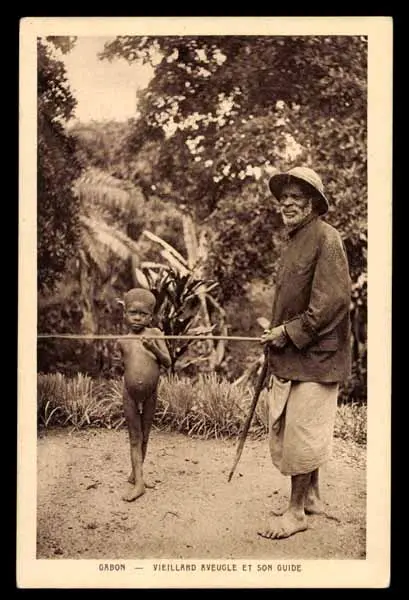
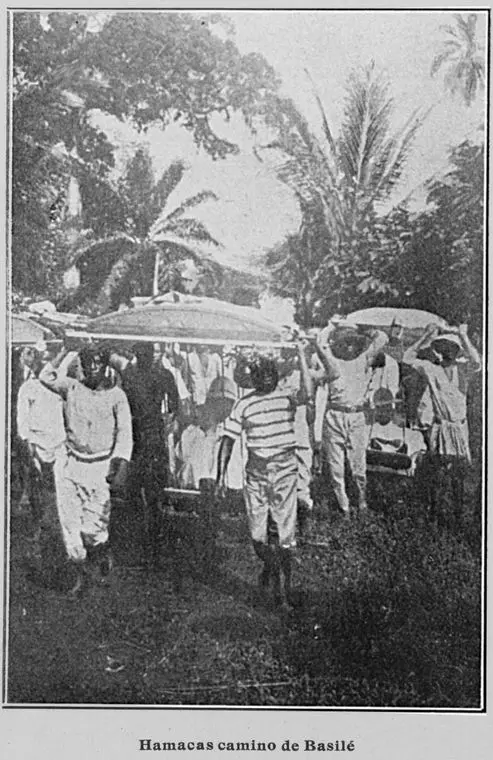
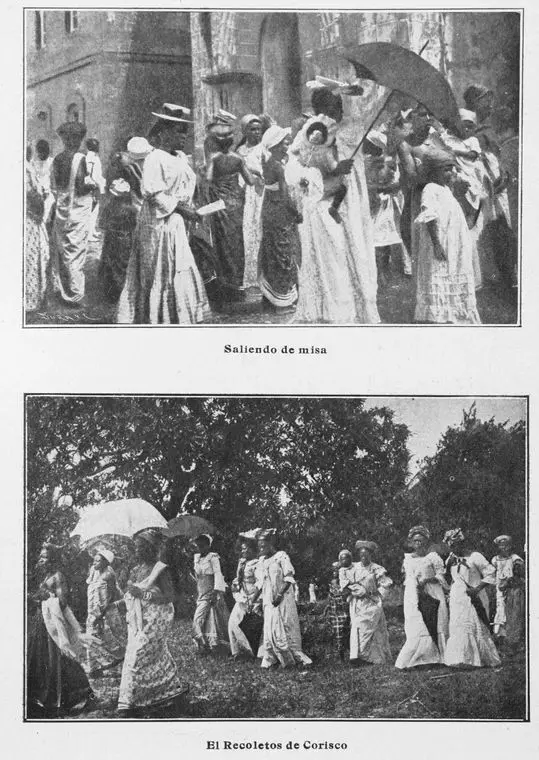
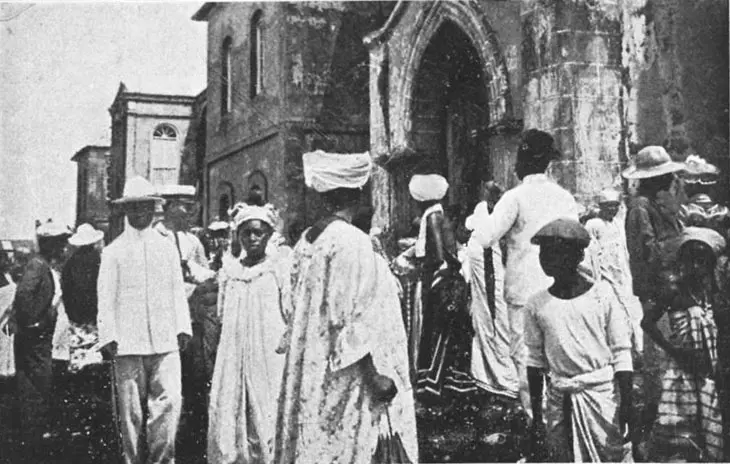
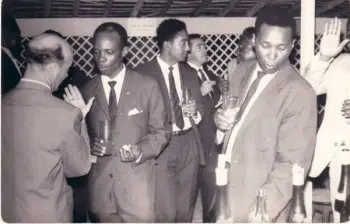
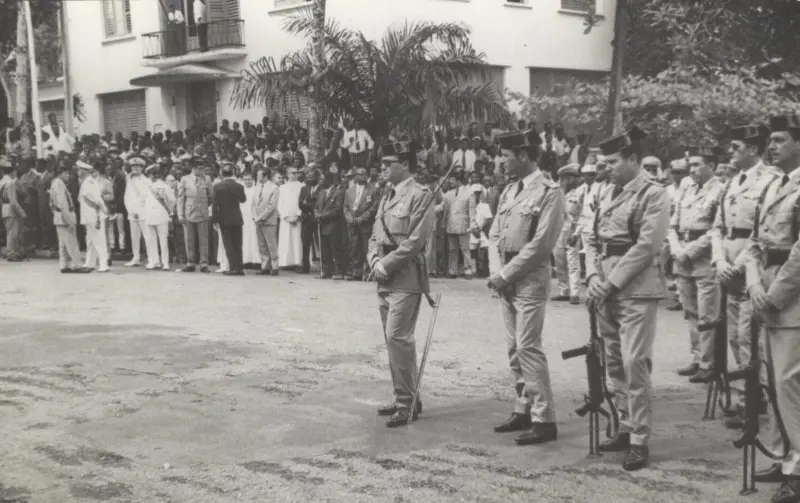

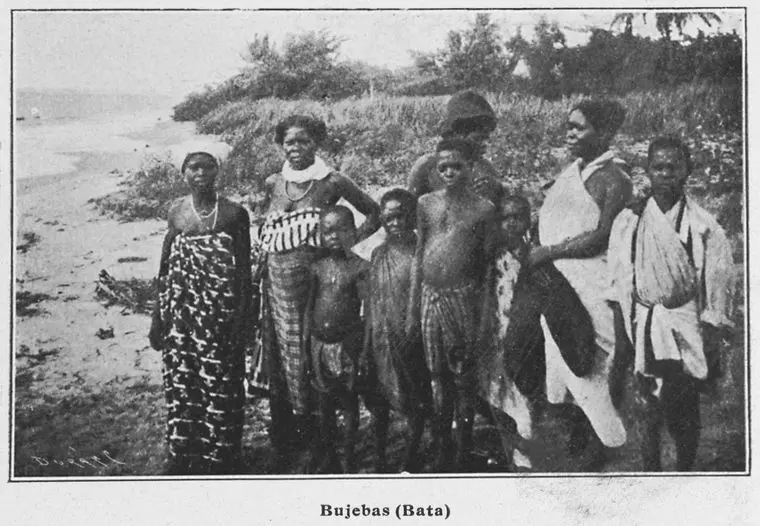
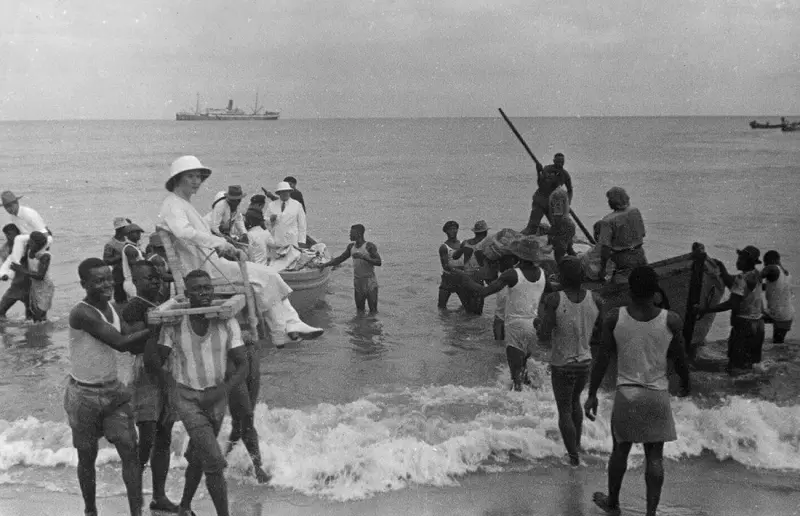
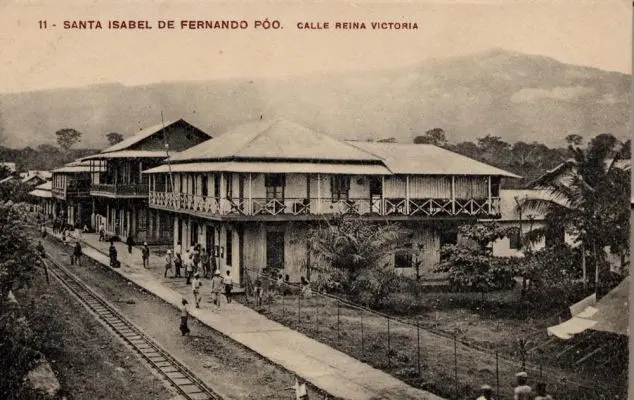
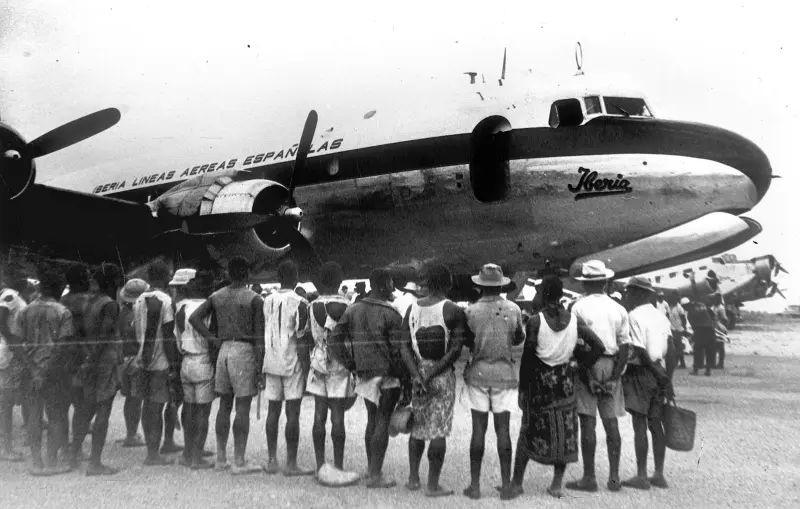
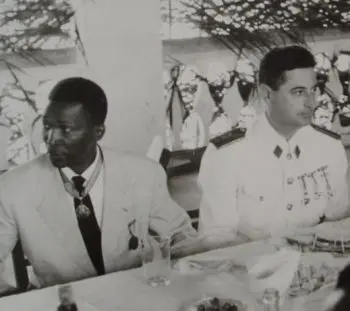
No comment yet, be the first to comment...